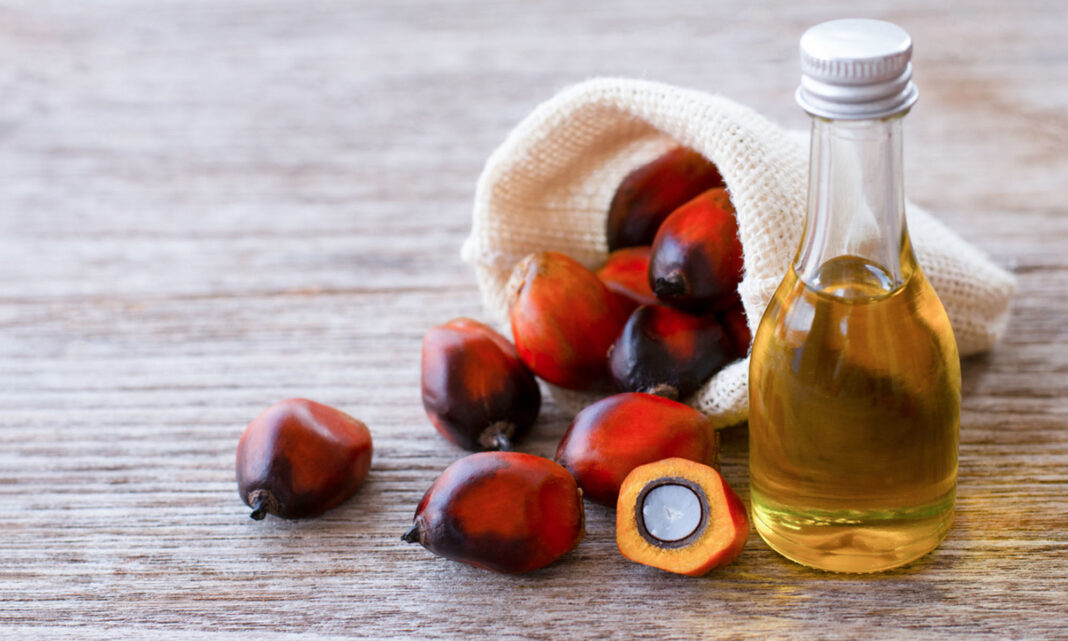Palm oil and sunflower oil are two commonly used vegetable oils found in a wide range of packaged foods. While both oils serve as versatile cooking ingredients, there is ongoing debate about their health effects. Let’s delve into the health impact of palm and sunflower oil in packaged foods to understand their role in our diet.
Nutritional Profile of Palm Oil:
Palm oil is derived from the fruit of the oil palm tree and is widely used in the food industry due to its affordability and versatility. While palm oil is high in saturated fats, it also contains beneficial compounds such as tocotrienols and carotenoids, which have antioxidant properties. However, excessive consumption of saturated fats has been linked to an increased risk of heart disease and other health issues.
Health Implications of Palm Oil Consumption:
The high saturated fat content of palm oil has raised concerns among health experts regarding its impact on cardiovascular health. Diets high in saturated fats can raise LDL (bad) cholesterol levels in the blood, potentially increasing the risk of heart disease. Additionally, palm oil cultivation has been associated with deforestation and environmental degradation in some regions, prompting calls for sustainable sourcing practices.
Nutritional Profile of Sunflower Oil:
Sunflower oil is extracted from sunflower seeds and is prized for its high smoke point and mild flavor. Unlike palm oil, sunflower oil is predominantly composed of unsaturated fats, including both monounsaturated and polyunsaturated fats. These healthier fats have been shown to have favorable effects on heart health when consumed in moderation.
Health Benefits of Sunflower Oil:
Sunflower oil is rich in essential fatty acids, including linoleic acid, which is an omega-6 fatty acid important for brain function and skin health. Additionally, sunflower oil contains vitamin E, a potent antioxidant that helps protect cells from damage caused by free radicals. Incorporating sunflower oil into the diet in moderation can help support overall health and well-being.
Making Informed Choices:
When selecting packaged foods, it’s essential to read ingredient labels carefully and consider the types of oils used. Opting for products made with healthier oils such as sunflower oil, olive oil, or canola oil can be a better choice for overall health. Additionally, choosing products that prioritize sustainably sourced ingredients can help minimize environmental impact.
Conclusion:
Palm oil and sunflower oil are commonly used in packaged foods, but they differ significantly in their nutritional profiles and health implications. While palm oil is high in saturated fats and has raised concerns about its impact on heart health and the environment, sunflower oil offers a healthier alternative rich in unsaturated fats and beneficial nutrients. By making informed choices and prioritizing products made with healthier oils, individuals can support both their own health and the planet.
Source- IndianExpress



